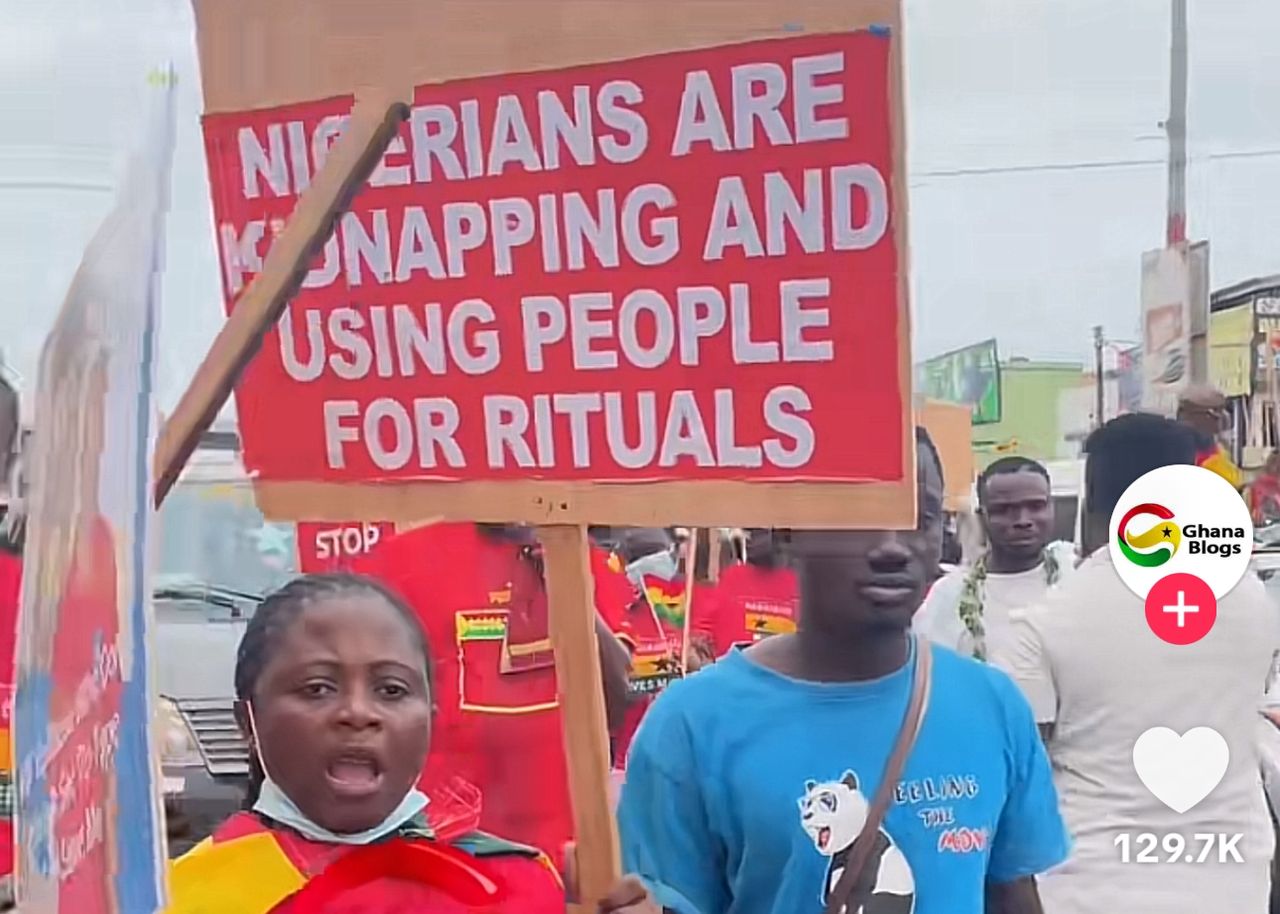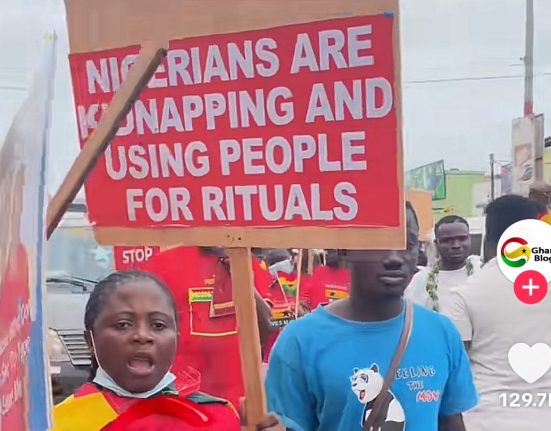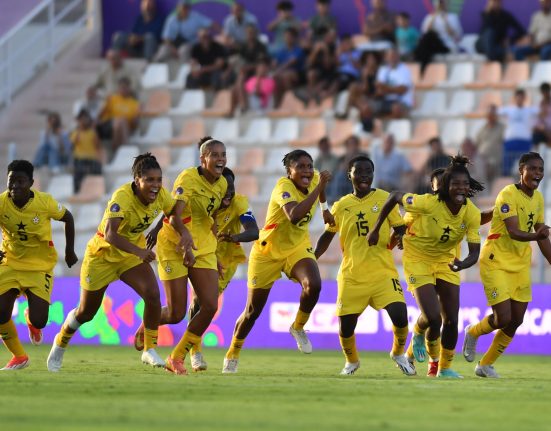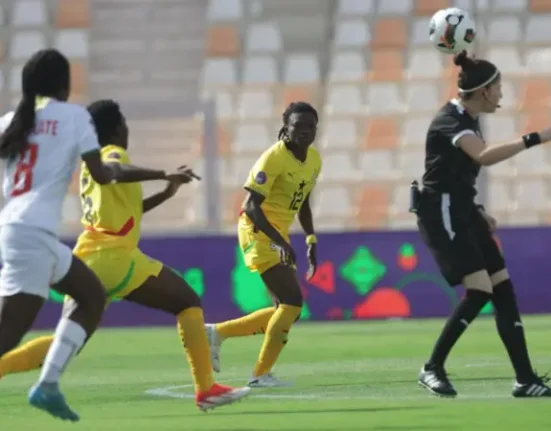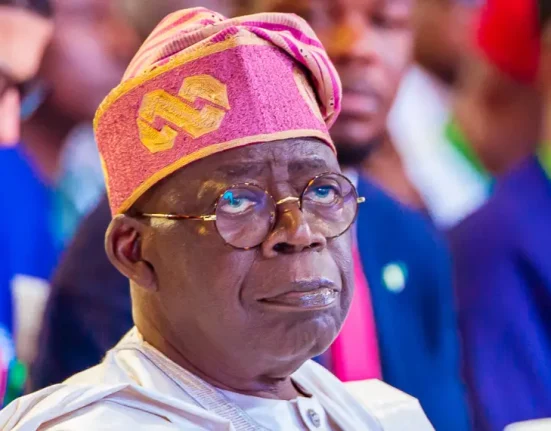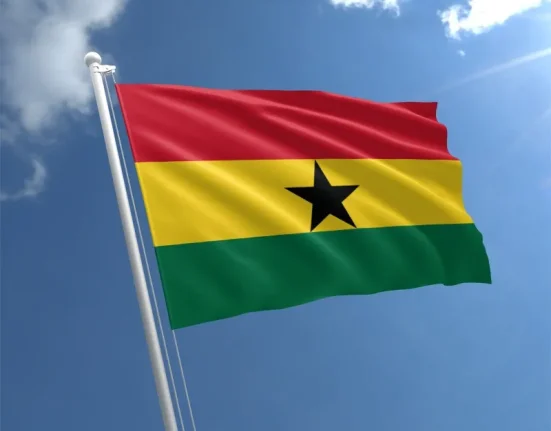Recent anti-Nigerian protests in Ghana have exposed deep-seated tensions between citizens of both West African nations, with Nigerian traders alleging systematic discrimination in housing and business regulations.
The “Nigerians Must Go” demonstrations saw dozens of Ghanaians march this week demanding expulsion of Nigerian residents over unsubstantiated claims linking them to crimes including ritual killings and prostitution. Protesters carried placards with inflammatory messages like “Our kids are getting missing because of Igbos” in videos that went viral.
Nigerian community leaders told reporters that the protests reflect longstanding economic resentment rather than genuine security concerns. “When a Ghanaian pays 1,000 Cedis rent, Nigerians are asked for 5,000,” said businessman Patrick Isaac, describing targeted financial pressures forcing Nigerian traders out.
The crisis reportedly escalated after resurfacing of a decade-old video showing Nigerian businessman Chukwudi Ihenetu declaring plans to build an “Igbo village” in Ghana. Though Ihenetu has since apologized and disowned the project, the footage fueled nationalist sentiments.
Ghanaian President John Mahama moved to calm tensions Thursday, assuring Nigeria’s special envoy Bianca Odumegwu-Ojukwu that protests involved fewer than 50 people. “Tell President Tinubu not to lose sleep… We won’t allow anything to come between us,” Mahama stated, referencing the nations’ historic ties.
Nigerians in Ghana report mixed experiences since the protests. While some describe returning normalcy, others fear attacks in areas like Nima and Kasoa where tensions remain high. The Igbo community has suspended its annual yam festival as precaution.
The conflict highlights challenges implementing ECOWAS’ free movement protocols, with Nigerian traders accusing Ghana of using $1m business levies and selective regulation enforcement to limit foreign competition. Analysts warn the dispute could escalate without diplomatic intervention to address underlying economic grievances on both sides.
Both governments have pledged to protect citizens’ rights while urging against misinformation. As Ghana prepares for elections later this year, observers caution politicians against exploiting anti-immigrant sentiments that could destabilize the region.

